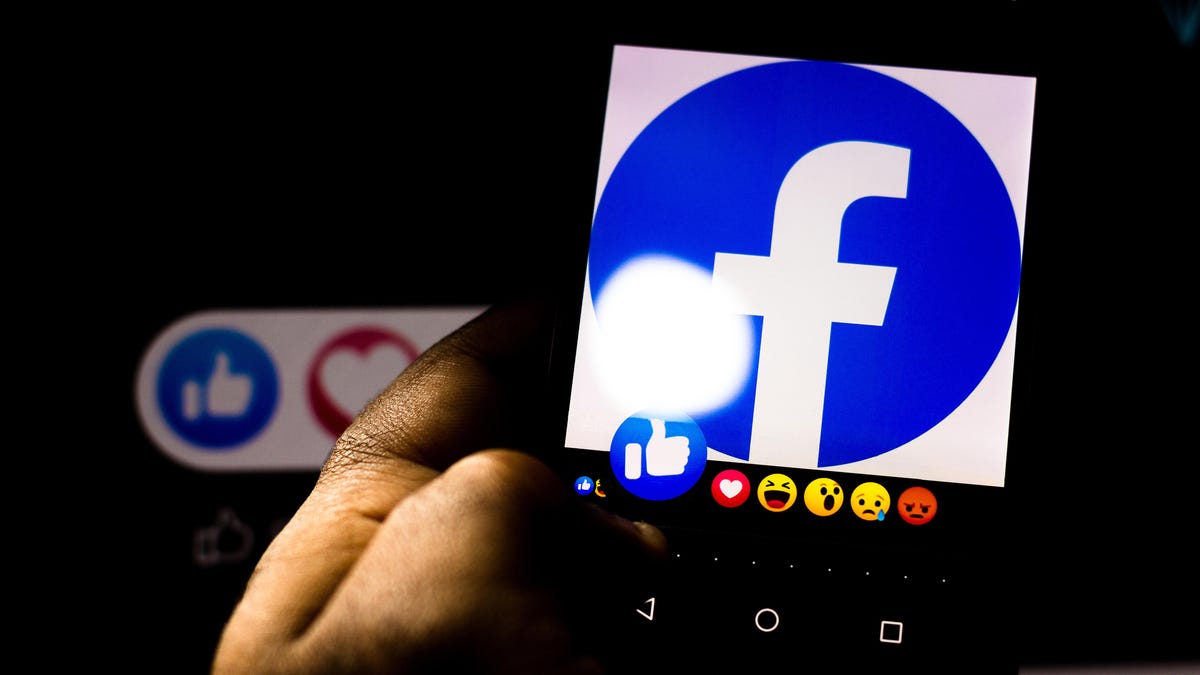Facebook advertisers can change headlines for news articles
It's another thing to keep an eye out for when looking through your family's posts.

News headlines can be rewritten by advertisers on Facebook.
Fake news is still thriving on social media, and Facebook's tools for advertisers don't offer much help to combat the problem. Facebook advertisers are able to rewrite headlines for news stories they use in their ads, which could contribute to the spread of disinformation and be abused by companies or political groups, according to CBC News on Monday.
Facebook says it's aware of the issue.
"We are working to put safeguards in place by the end of the year to ensure publishers have control over the way their headlines appear in advertisements," a Facebook spokesperson said.
When creating an ad for the platform, users can include links to outside news stories. The headline for the story will auto-populate in the advertisement but can be changed by the advertiser. When the ad goes live, there will be a link the original story with the publisher's web address, giving it a sense of legitimacy, but the headline can be altered to say whatever one wants -- even if it totally counters the story premise.
The CBC cited such a case in the UK in which the Conservative Party ran an ad during the first week of September containing a BBC article with the headline, "School spending: Multi-billion pound cash boost announced." In the Facebook ad, the headline was rewritten as "£14 billion pound cash boost for schools," which actually contradicts the text of the article, according to the CBC.
Facebook said in August it will tighten up its ad policies in time for the 2020 US elections. It plans to increase the required identification to run political ads as well as include disclosures to say who paid for the ad. These policy changes come after the social media company was criticized over social media ads used by Russian agents to interfere in the 2016 elections.

